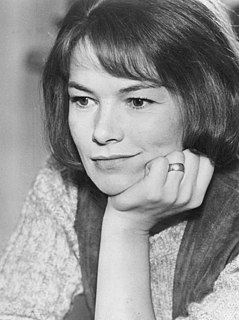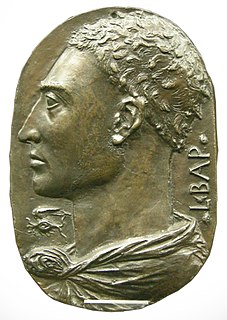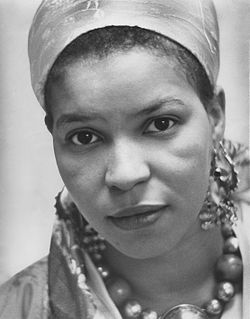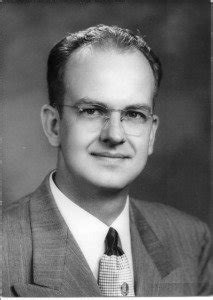A Quote by Anais Nin
It is in the movements of emotional crisis that human beings reveal themselves most accurately.
Quote Topics
Related Quotes
They called themselves the Munrungs. It meant The People, or The True Human Beings. It's what most people call themselves, to begin with. And then one day the tribe meets some other People or, if it's not been a good day, The Enemy. If only they'd think up a name like Some More True Human Beings, it'd save a lot of trouble later on
Although human beings are incapable of talking about themselves with total honesty, it is much harder to avoid the truth while pretending to be other people. They often reveal much about themselves in a very straightforward way. I am certain that I did. There is nothing that says more about its creator than the work itself.
The worldwide financial and economic crisis seems to highlight their distortions and above all the gravely deficient human perspective, which reduces man to one of his needs alone, namely, consumption. Worse yet, human beings themselves are nowadays considered as consumer goods which can be used and thrown away.
And people who believe in God think God has put human beings on earth because they think human beings are the best animal, but human beings are just an animal and they will evolve into another animal, and that animal will be cleverer and it will put human beings into a zoo, like we put chimpanzees and gorillas into a zoo. Or human beings will all catch a disease and die out or they will make too much pollution and kill themselves, and then there will only be insects in the world and they will be the best animal.
I'm committed to the idea that one of the few things human beings have to offer is the richness of unconscious and conscious emotional responses to being alive. ... The kind of esteem that's given to brightness/smartness obliterates average people or slow learners from participating fully in human life, particularly technical and intellectual life. But you cannot exclude any human being from emotional participation.
History leaves no doubt that among of the most regrettable crimes committed by human beings have been committed by those human beings who thought of themselves as civilized. What, we must ask, does our civilization possess that is worth defending? One thing worth defending, I suggest, is the imperative to imagine the lives of beings who are not ourselves and are not like ourselves: animals, plants, gods, spirits, people of other countries, other races, people of the other sex, places and enemies.






































